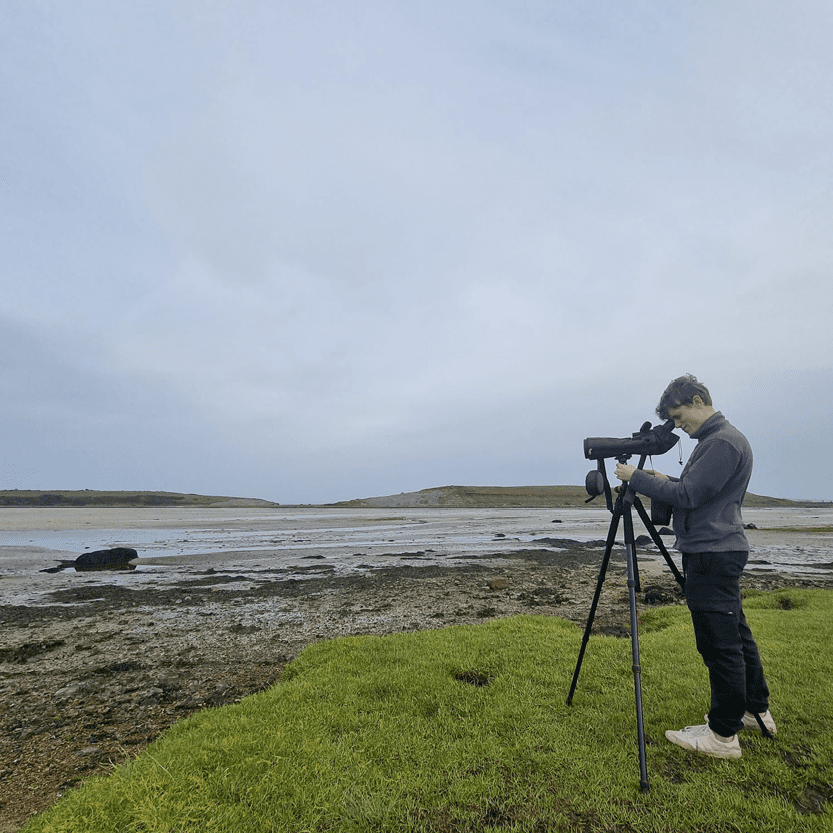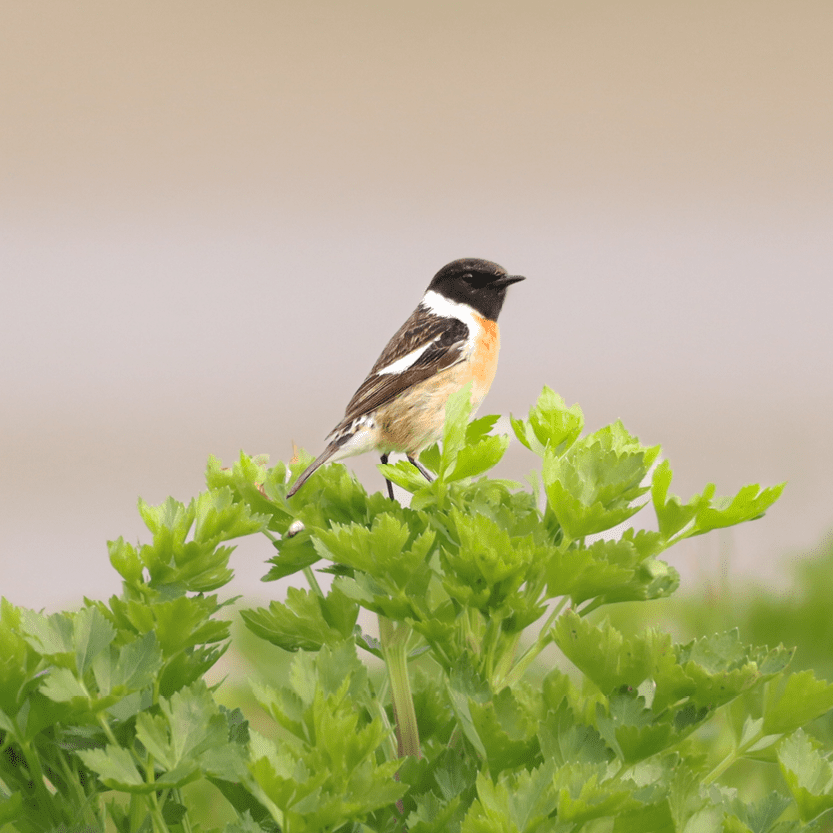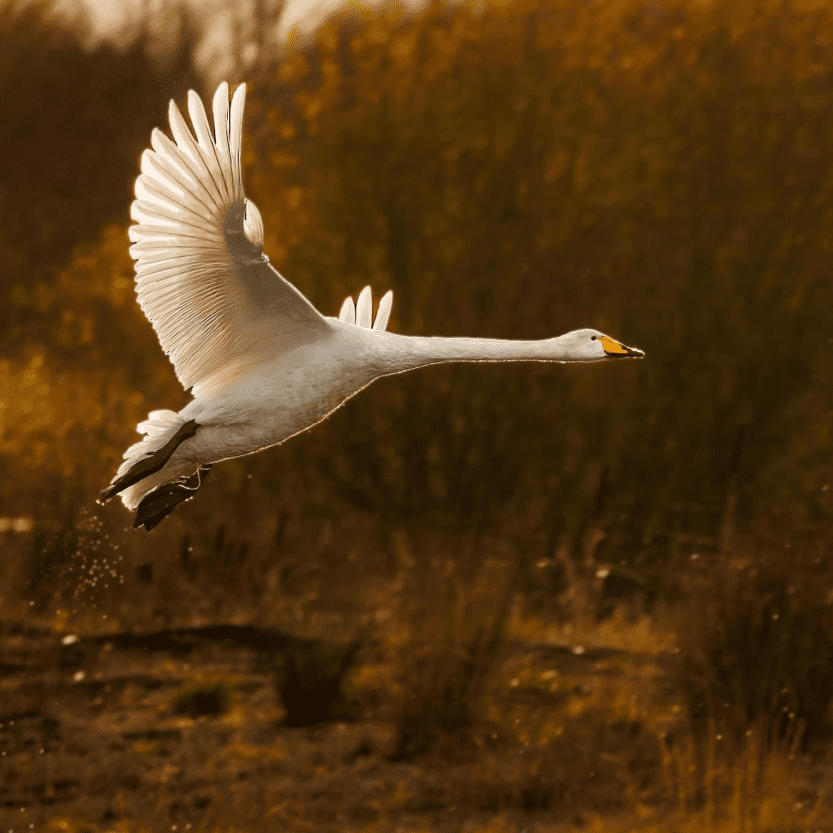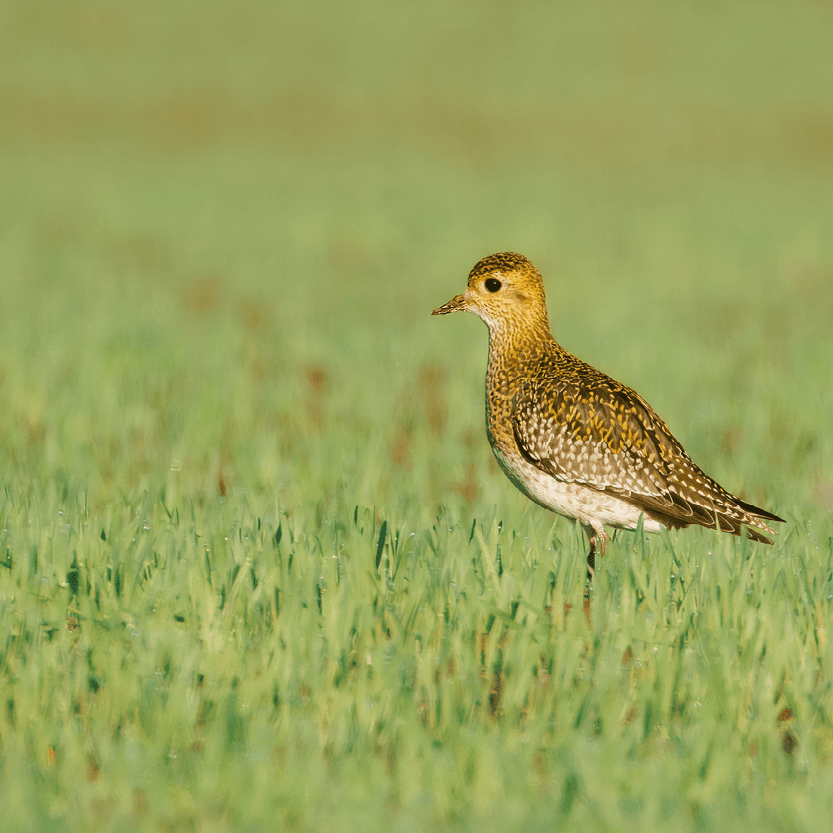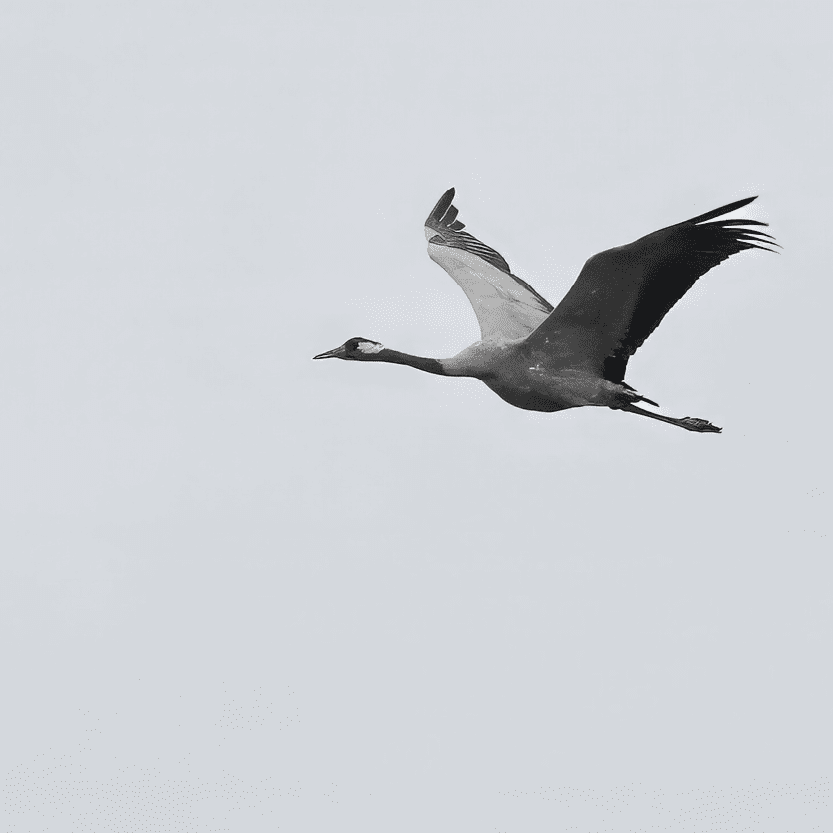
Shawn is a Graduate Ornithologist. Shawn studied a Bsc in Environmental Biology at the Univerity College Dublin and a Masters in Biodiversity and Conservation at the Trinity College Dublin. Shawn joined MKO in 2024 as part of the grad campaign.
What sparked your interest in ornithology, and how did you decide to pursue it as a career?
I was always interested in nature and wildlife in one way or another growing up, but it was really during the pandemic that I started to take more of a keen interest in birds and ornithology specifically. Being restricted to small distances from our home, I started to take an interest in the local nature around me and what birds visited my garden. Around the same time, I was entering the final year of my undergraduate degree and there was a module in ornithology that really kicked off my interest, and from there I was all in on having a career studying birds. I always remember my grandfather making a special effort to feed goldfinches in his garden when I was much younger, and that probably stuck with me and influenced my interest in birds today.
Can you describe your typical day as an ornithologist?
There is quite a lot of variation in the day of an ornithologist, depending on the season, there are many different types of surveys that may need to be carried out or different reports that may need to be done at the desk. When I’m out in the field, I could be leaving the house as early as 3 or 4 am for dawn surveys, or conversely, I could be finishing up as late as 11 pm for dusk surveys in the summer. This all comes with the job, and I wouldn’t have it any other way! Some of the surveys that I have carried out to date are vantage point surveys, walkover surveys, breeding raptors, breeding Barn Owls, breeding Woodcock, waterbird distribution and abundance, and wintering Golden Plover. If I’m working at the desk, I could be carrying out several different tasks, including uploading and reviewing data from the previous months’ surveys, maintaining project datasets, invoicing and completing interim and end-of-season reports for clients.
What types of projects are you currently working on?
Currently, I am primarily based on a proposed wind energy site in the Midlands, which was formerly used for peat harvesting. At first glance, you may think that such a landscape would inhabit very little birdlife, but I’ve had many fantastic observations since beginning surveys on it, including Golden Plover, Lapwing, Ringed Plover, Hen Harrier, Peregrine, Merlin and even an observation of a Common Crane. These species are all very important parts of Irelands’ birdlife, so they must be recorded and protected from potential disturbance from developments.
What specific tools or equipment do you use in your ornithological surveys?
As any birdwatcher knows your ‘bins‘ or binoculars are your best friend. I also use a spotting scope which is a bit like a telescope, this allows me to observe birds that may be a bit too far away for the binoculars to pick up. I also bring my photography equipment with me when feasible, it’s always nice to get some good photos of the species you see while working. However, some of the most important bits of equipment are the many pieces of waterproof clothing, wellies and boots that I have. Surveys sometimes have to be carried out in all types of weather so remaining warm and dry can make the Irish weather slightly more comfortable.
How does MKO support your professional development in Ornithology?
MKO has provided excellent training opportunities for me since joining, with some excellent in-house training but also providing support in attending external training, and conferences and gaining membership with CIEEM (Chartered Institute of Ecology and Environmental Management). I’ve carried out a wide variety of different survey types, with different methodologies. I’ve also gained some great experience in report writing, data analysis and maintenance, and I am even now beginning to take on some project management tasks. It’s great that I consistently feel challenged and to be given new tasks to develop within my role.
How would you describe the culture at MKO?
The company has grown a lot in the last few years, but it still has the feeling of a smaller company where everyone knows each other. Even though I’m rarely in the main office and spend most of the time out in the field, it’s always great to be met with a smile and some great conversation once you meet some colleagues you haven’t met in a while, or maybe ever.
What do you enjoy most about your role at MKO?
Being outside more often than not, for sure. I have a real passion and enthusiasm for birdwatching so getting to do it every day is great! I also enjoy the flexibility that comes with the role.
What advice do you have for someone aspiring to pursue a career in Ornithology with MKO?
If you have an interest in birds, and nature and enjoy being outdoors, I wouldn’t hesitate to apply. The world of ornithology can be very daunting at first, but anyone who claims to be an expert is lying, we’re all always learning. As long as you show enthusiasm and genuine interest in the subject, you’ll enjoy your career here.



